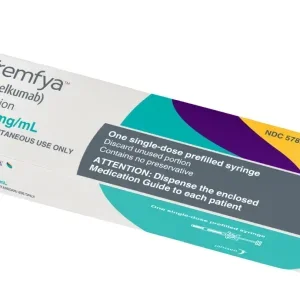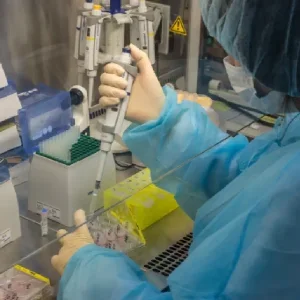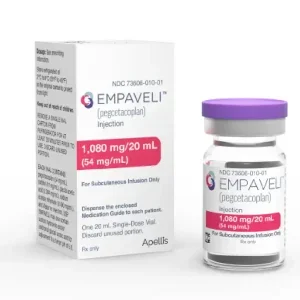
ViiV Healthcare has announced the expansion of its voluntary licensing agreement with the Medicines Patent Pool (MPP) to include patents for the long-acting injectable HIV treatment, cabotegravir (CAB LA).
The strategic move aims to facilitate the development, manufacture, and supply of generic versions of CAB LA in 133 countries, enhancing access to innovative HIV treatment options.
The agreement builds on a previous licence for CAB LA for HIV pre-exposure prophylaxis (PrEP), enabling broader access to long-acting injectables for HIV treatment.
Existing generic licensees will be able to develop and supply CAB LA in combination with long acting rilpivirine, subject to regulatory approvals.
The initiative targets least-developed, low-income, lower middle-income, Sub-Saharan African countries, and others where ViiV holds no patent rights.
ViiV Healthcare CEO Deborah Waterhouse said: “As leaders in long-acting innovation, we’re proud to be expanding our voluntary licence with the MPP to now include treatment of HIV in addition to prevention.
Long-acting injectables have the potential to transform HIV treatment, and we welcome the latest recommendations from WHO to expand treatment options.
“In line with our mission to ensure no one living with HIV is left behind, we’re committed to working with partners like MPP to continue to increase access and reach those most impacted by HIV.”
The Medicines Patent Pool, a public health organisation supported by the United Nations (UN), aims to increase access to essential medicines in low- and middle-income countries.
It collaborates with various stakeholders to prioritise and license essential medicines, encouraging generic production and new formulation development.
The updated agreement follows the World Health Organization’s recommendation of long-acting injectable cabotegravir and rilpivirine as an HIV treatment option.
World Health Organization global HIV, Hepatitis and STI programmes director Meg Doherty said: “The World Health Organization welcomes the expansion of the voluntary licence agreement for long-acting cabotegravir to include HIV treatment.
“The step is closely aligned with WHO’s new recommendation of long-acting injectable antiretrovirals as an alternative for people who are virologically suppressed but face adherence challenges with daily oral regimens.
“The agreement aligns with our global goals to ensure equitable access to essential medicines and improve health outcomes for all. We are committed to supporting countries in implementing these new guidelines and ensuring that no one is left behind.”
ViiV Healthcare is actively supporting generic manufacturers with technical expertise to expedite the availability of CAB LA.
Aurobindo, Cipla, and Viatris, the existing licensees, will develop and supply generic CAB LA for treating HIV-1 in adults and adolescents, pending regulatory approvals.
The treatment is intended for individuals who are virologically suppressed and have no history of viral resistance or failure with NNRTI and INI agents.
Apretude contains cabotegravir and is used for preventing sexually transmitted HIV-1 infection in high-risk adults and adolescents and requires a HIV-1 test before initiation.
Vocabria and Rekambys, in combination with rilpivirine, are indicated for treating HIV-1 in virologically suppressed individuals, and require adherence to specific dosing guidelines.
Medicines Patent Pool executive director Charles Gore said: “We’re delighted to extend the CAB LA licence to cover HIV treatment, reflecting the latest WHO recommendations.
Our previous agreement with ViiV for dolutegravir has already enabled the supply of generic DTG-based HIV treatments in 129 countries, and we hope that over time a similar coverage can be achieved for CAB LA.
“CAB LA is a vital addition to the HIV treatment toolbox — especially for people facing adherence challenges with oral regimens.
“Expanding access to long-acting options like this supports a more person-centred, choice- and needs-driven approach, which is exactly what an equitable and effective HIV response requires.”






